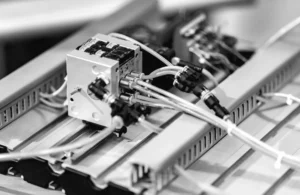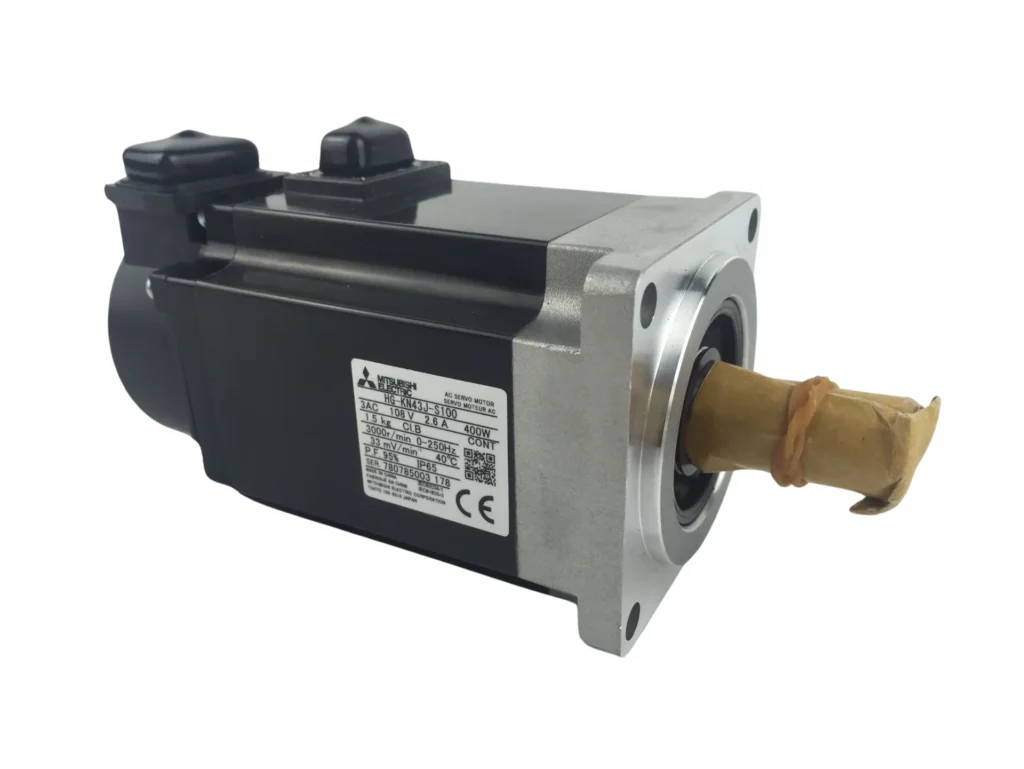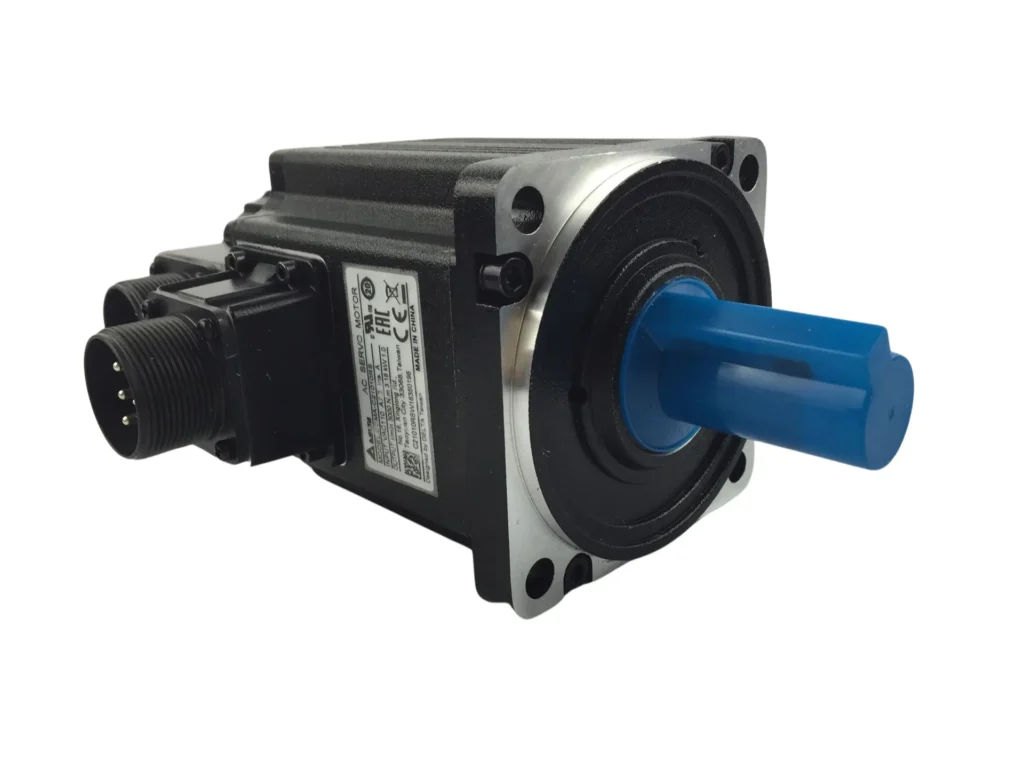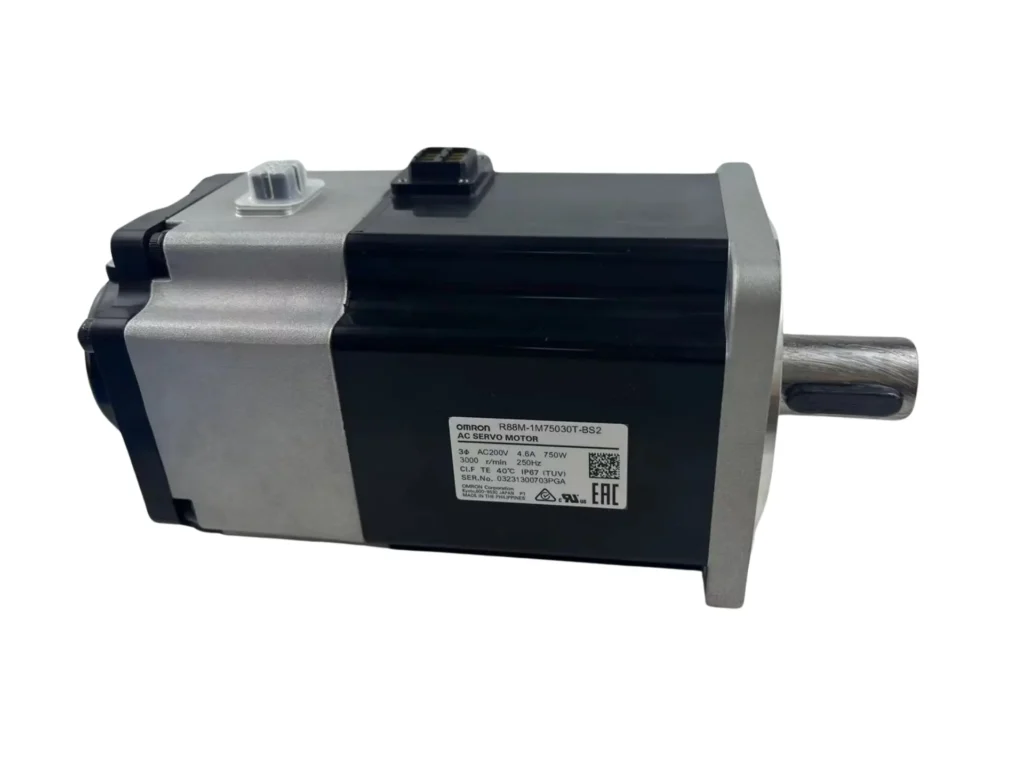10 Essential Insights About OMRON PLC CJ2 Series
- kwoco-plc.com
- September 12, 2024
- 11:27 pm
Overheating issues with servo motors can disrupt operations and cause unnecessary downtime, leaving you frustrated and searching for a solution. Whether it’s an unexpected heat rise or an abnormal temperature reading, this issue needs to be resolved fast to keep your project on track.
Servo motor overheating can happen for several reasons, but fortunately, most of these issues can be addressed with a few checks and corrections. Understanding the common causes and the necessary preventive steps will help you avoid this costly issue.
Table of Contents
Let’s dive deeper into what could be causing your servo motor to overheat and how you can fix it. I’ve seen these problems firsthand at Kwoco and know how to troubleshoot them effectively.
Is your motor running under the correct load?
One of the most frequent culprits behind overheating is running the motor under the wrong load. Motors are designed to work within a specific range of loads. If you exceed that range, the motor is forced to work harder, producing more heat than it can dissipate.
Check the specifications of your servo motor and ensure you’re not pushing it beyond its limit. Overload can also result in current surges, which create even more heat. Double-check the specs in your manual, or consult resources online to verify.
Are the environmental conditions causing the issue?
Heat management also depends on the environment where the motor operates. Is your servo motor located in an enclosed space or surrounded by other heat-generating equipment?
Poor ventilation or high ambient temperatures can raise the motor’s temperature even if the load is normal.
Make sure the installation site is properly ventilated and the temperature is within the manufacturer’s specified range.
Is your motor brake connected properly?
I once had a customer who experienced severe overheating with a 2kW Delta servo motor. After investigation, we found that they hadn’t connected the motor brake to the power supply, which was causing the motor to work improperly.
The solution was simple: they connected the brake to a 24V power supply, and the overheating issue was resolved.
If your motor has a brake, make sure it’s connected and functioning properly. A brake that’s not activated can cause unwanted friction, leading to overheating.
What about the driver output voltage?
Strange or unexpected voltage readings from your driver could indicate another cause of the overheating.
When the motor is not receiving the correct voltage from the driver, it can struggle to operate efficiently, resulting in excessive heat buildup.
Test your driver’s output voltage to ensure it’s within the recommended range. In many cases, incorrect voltage can be a symptom of a larger issue with your power supply or driver settings.
Have you checked the cooling systems?
Some servo motors come with integrated cooling systems, like fans or heat sinks. If these aren’t functioning or are blocked by dust and debris, your motor’s ability to cool itself down will be compromised.
This is a common issue in industrial environments where dust can accumulate quickly.
Regular maintenance, including cleaning and checking these cooling systems, can prevent heat-related damage.
Is your wiring correct and secure?
Another overlooked cause of motor overheating is poor wiring. Loose or damaged wires can increase resistance, leading to excess heat. Always ensure the wiring is in good condition and securely connected to avoid unnecessary overheating.
It’s also worth checking if the wiring is suitable for the motor’s power demands. Undersized wires can create additional resistance, causing the motor to overheat.
Are the control settings optimized?
Your motor’s control settings are essential to its performance. Incorrect parameter settings, such as acceleration and deceleration times, can lead to excessive heat generation.
The settings should be optimized based on the motor’s application and specifications. Check the driver’s manual or consult with an expert if you’re unsure.
What to do if overheating persists?
If you’ve gone through all the common checks and your motor is still overheating, it might be time to consult with the manufacturer or a professional.
Persistent overheating could signal a deeper mechanical issue, like bearing problems or misalignment.
At Kwoco, we often help our customers troubleshoot more complex issues that require specific technical knowledge. If the problem seems beyond your capabilities, don’t hesitate to reach out for professional assistance.
Power your projects with brand-new, original Omron, Mitsubishi, Delta servos – in stock, ready now!
Conclusion
Servo motor overheating can be avoided by following a few basic steps: make sure the motor isn’t overloaded, check environmental conditions, ensure the brake is connected, test driver voltage, maintain cooling systems, check the wiring, and optimize control settings.
Need help with your servo motor issues? Contact Kwoco for expert troubleshooting and original industrial control products. Let’s ensure your systems run smoothly with minimal downtime. Reach out to us today!
Contact Us
Just fill out your name, email address, and a brief description of your inquiry in this form. We will contact you within 24 hours.

Why Your PLC Needs a Separate Power Supply
Why Your PLC Needs a Separate Power Supply Have you ever wondered why PLC systems often require a separate power

Why Your Business Needs a Variable Frequency Drive
Why Your Business Needs a Variable Frequency Drive When managing industrial operations, optimizing energy efficiency while maintaining performance is crucial.

Why Signal Isolation is Crucial for Omron PLCs?
Why Signal Isolation is Crucial for Omron PLCs? In the world of industrial automation, signal interference is a silent killer.



